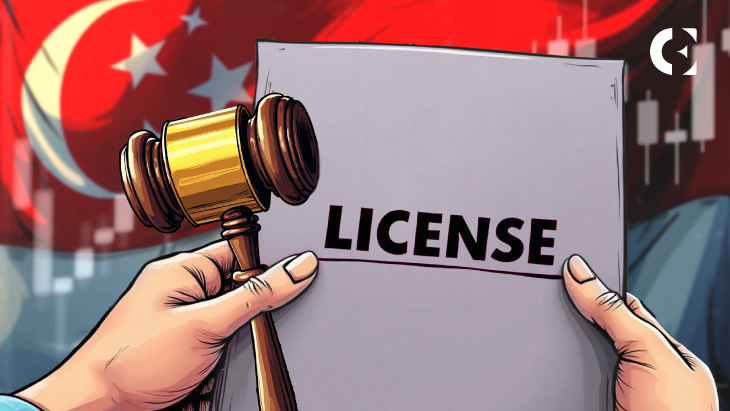- MAS will require any Singapore-based crypto entity serving overseas clients to obtain a licence or to cease cross-border operations
- The financial institution has stated they will issue licences only in extremely limited circumstances
- Non-compliance leads to up to $200,000 fines and up to three years of imprisonment
Effective June 30, the Monetary Authority of Singapore (MAS) will require any Singapore-based crypto entity serving overseas clients to obtain a Digital Token Service Provider (DTSP) licence or immediately cease cross-border operations.
Regardless of business size, revenue share, or server location, this covers companies, partnerships, or individuals if they offer token services beyond Singapore. As for the services covered, it includes token transfers, exchanges, custody, advisory, and promotion.
While licences can be issued, MAS has stated it will do so only in extremely limited circumstances due to persistent anti-money laundering and counter-terror financing concerns.
MAS emphasizes there will be no extensions or transitions, and that non-compliance leads to up to SGD 250,000 (approximately $200,000) fines and up to three years of imprisonment.
The deadline didn’t sit well with everyone, as major exchanges like Bybit and Bitget have begun shifting staff or operations to jurisdictions like Dubai, Panama, and Hong Kong. They cited the main reason for doing so to now be Singapore’s regulatory uncertainty.
Interestingly enough, other Asian countries such as Thailand, Vietnam, and Philippines are seeing renewed interest in attracting crypto firms exiting Singapore.
Zero tolerance
After years of expansion under the Payment Services Act (2019), Singapore is now firmly drawing the line where cross-border crypto operations must either comply fully or exit the market.
While this announcement didn’t come out of the blue, the deadline forces a choice on the crypto companies to either secure heavy regulatory compliance in Singapore or relocate to more permissive jurisdictions offering crypto-friendly regulatory regimes. So far, it seems the latter is a more prevalent choice, and it might impact the country’s goal to become Asia’s crypto hub.
From the looks of it, MAS will be showing zero tolerance and permit highly compliant, well-capitalized institutions to remain. What follows is likely to be a regulatory shake-up where some firms will either leave Singapore (as some already have) or alter their business strategies, while other jurisdictions will position themselves as desirable alternatives for global crypto services.
Whatever the case ends up to be, this will certainly change Singapore’s crypto landscape.
Disclaimer: The information presented in this article is for informational and educational purposes only. The article does not constitute financial advice or advice of any kind. Coin Edition is not responsible for any losses incurred as a result of the utilization of content, products, or services mentioned. Readers are advised to exercise caution before taking any action related to the company.







